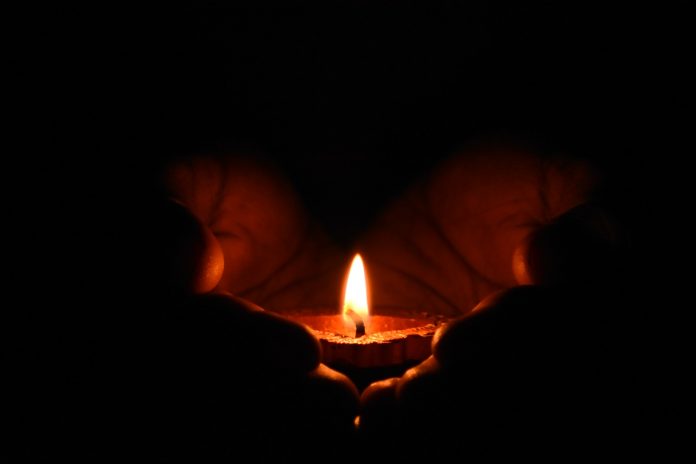There’s an immediate, least-cost effective way to ease loadshedding if South Africans can stand together to save as much electricity as possible, to ease the excessive pressure on the grid.
This is the message from the South African National Energy Development Institute (SANEDI), who is issuing a national appeal for all South Africans to consider behaviour changes in the same way as Capetonians did when they came together just a few years ago to implement maximum water saving measures to avoid Day Zero, when the taps were predicted to run dry.
“Many people underestimate the power of individual roles in the saving of electricity when it comes to helping ease pressure on the national electricity grid,” says SANEDI General Manager for Energy Efficiency & Corporate Communications, Barry Bredenkamp. “Energy efficiency remains the easiest and least-cost way to assist and it has multiple other benefits. It will save households and businesses money; reduces the amount of expensive new electricity generation required by the country; lowers carbon emissions; and helps the country to meet its international commitments to combat climate change.”
SANEDI, which undertakes energy efficiency initiatives on behalf of the government, says it is understandable that continued load shedding for increasingly extended periods has made people angry and frustrated, and left many with a feeling of hopelessness. “The situation has reached a point where South Africans need to stand together and do their best to reduce our energy demand by saving as much electricity as possible,” says Bredenkamp. “We urge South Africans to also recognise that Eskom is doing its utmost to restore power and that, like us, no one at Eskom wants to live without a consistent supply of electricity.”
SANEDI adds that the government is also making it possible for the private sector to play an increasing role in power generation and in easing pressure on the national grid. Recent examples of this include decisions by the Department of Mineral Resources and Energy (DMRE) to permit 25 new solar and wind power projects that will add 2 583 megawatts (MW) of capacity, and to allow companies to generate 100MW for own use without a generation licence. The World Bank, DMRE and SANEDI are also launching a study to assess ways in which South Africa can develop a nation-wide cohort of well qualified Energy Service Companies (ESCOs) that specialise in energy efficiency and can provide a full range of services to support measures that companies can take to save electricity.
“Measures like these will take time to make a positive impact on the grid, which makes the implementation of energy efficiency interventions even more imperative,” says Bredenkamp.
The fact that more people have been working from home since the advent of the Covid -19 pandemic means that the residential sector also needs to play a greater role in saving electricity, adds Bredenkamp.
He emphasises that households in most income levels can take simple measures to become more energy efficient. The initiatives can range from installing the latest technologies to simply switching off what you don’t need to use.
SANEDI’s website www.sanedi.org.za includes comprehensive tips and information on energy efficiency but among the most effective low-cost solutions identified by Bredenkamp are:
- Insulation of roofs, windows and doors to keep houses cooler in summer and warmer in winter. This can be done by using the latest materials at relatively high cost or simply by using newspaper to seal gaps. Eskom estimates that an insulated room requires 51% less energy to heat up.
- Water heating. A geyser uses 39% of the electricity consumed in an average suburban home per month. Solutions to reducing the amount of electricity used range from switching off the geyser at times when hot water is not required to installing solar water heating at considerable cost but with long term savings or simply being mindful about the amount of hot water you use.
- Switching off as much as possible without impeding your ability to do what you must do. “This won’t save you a lot of money but can have a positive impact if all South Africans contribute, as this is in the national interest,” says Bredenkamp.






